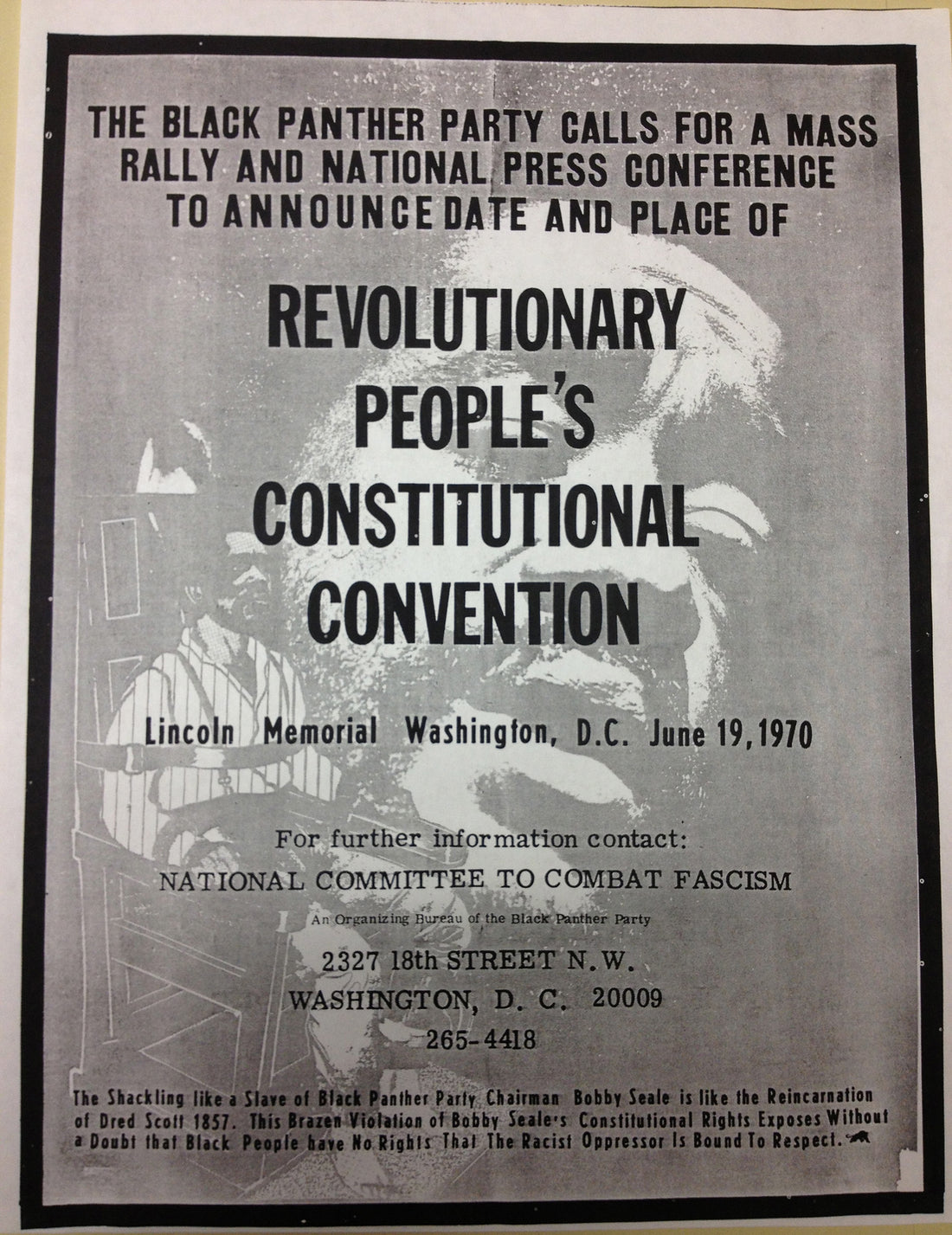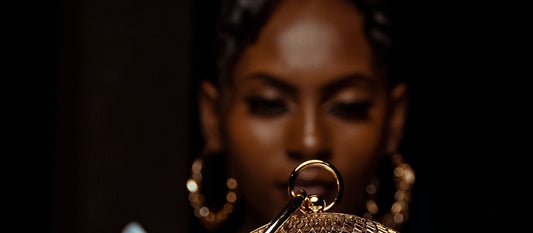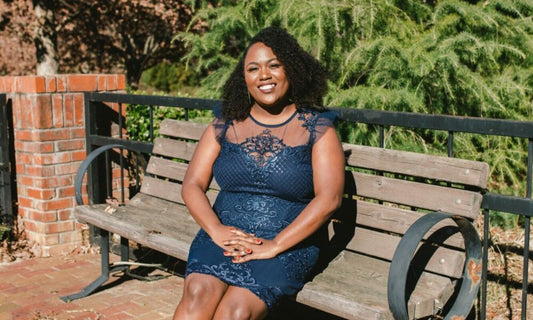
Bobby Seale and the Revolutionary People's Constitutional Convention
Share
Bobby Seale and Huey P. Newton were heavily inspired by the teachings of activist Malcolm X, who was assassinated in 1965. The two joined together in October 1966 to create the Black Panther Party for Self-Defense, which adopted the late activist's slogan "freedom by any means necessary" as their own. Prior to starting the Black Panther Party, Seale and Newton created a group known as the Soul Students Advisory Council. The group was organized so as to allow it to function through "ultra-democracy," defined as individualism manifesting itself as an aversion to discipline. "The goal was to develop a college campus group that would help develop leadership; to go back to the black community and serve the black community in a revolutionary fashion".[14] After the inception of Soul Students Advisory Council, Seale and Newton then went on to found the group they are most readily identified with, the Black Panther Party; the aim of which was to organize the black community and express their desires and needs in order to resist the racism and classism perpetuated by the system. Seale described the Panthers as "an organization that represents black people and many white radicals relate to this and understand that the Black Panther Party is a righteous revolutionary front against this racist decadent, capitalistic system."
Seale was one of the Chicago Eight charged by the US federal government with conspiracy charges related to anti-Vietnam War protests in Chicago, Illinois, during the 1968 Democratic National Convention. In that trial, Seale was infamously ordered by the judge, Julius Hoffman, to appear in court bound and gagged. More than a month into trial, Seale's case was severed from the other defendants, turning the "Chicago Eight" into the "Chicago Seven." After his case was severed, the government declined to retry him on the conspiracy charges. Though he was never convicted in the case, Seale was sentenced by Judge Hoffman to four years for criminal contempt of court. The contempt sentence was reversed on appeal.[4]

|
In 1970, while in prison, Seale was charged and put on trial in the New Haven Black Panther trials over the torture and murder of Alex Rackley, whom the Black Panther Party suspected of being a police informer. Panther George Sams, Jr., testified that Seale had ordered him to kill Rackley. The jury was unable to reach a verdict in Seale's trial, and the charges were eventually dropped.
Seale's books include A Lonely Rage: The Autobiography of Bobby Seale, Seize the Time: The Story of the Black Panther Party and Huey P. Newton, and Power to the People: The World of the Black Panthers (with Stephen Shames).
The Revolutionary People's Constitutional Convention (RPCC) was a conference organized by the Black Panther Party (BPP) that was held in Philadelphia from September 4–7, 1970. The goal of the Convention was to draft a new version of the United States Constitution and to unify factions of the radical left in the United States.[1] The RPCC represented one of the largest gatherings of radical activists across movements and issues in the United States. The Convention was attended by a variety of organizations from the Black Power Movement, Asian American Movement, Chicano Movement, American Indian Movement, Anti-war movement, Women's Liberation, and Gay Liberation movements. Estimates of attendance range from 6,000 to 15,000.[2][3] Attendees convened in workshops to draft declarations of demands related to various issues, which were ultimately intended to be incorporated into a new constitution which would function as the final vision of those movements.[4] The RPCC also signified a shift in BPP focus from black self-defense to a broader revolutionary agenda.[5] While conflicts did arise during the Philadelphia Convention, the conference was ultimately deemed a success by the Panthers.[3][6] After the Philadelphia conference, attempts were made to reconvene to finalize and ratify the new constitution in Washington, DC a few months later but ultimately failed due to police interference.
Sources:


